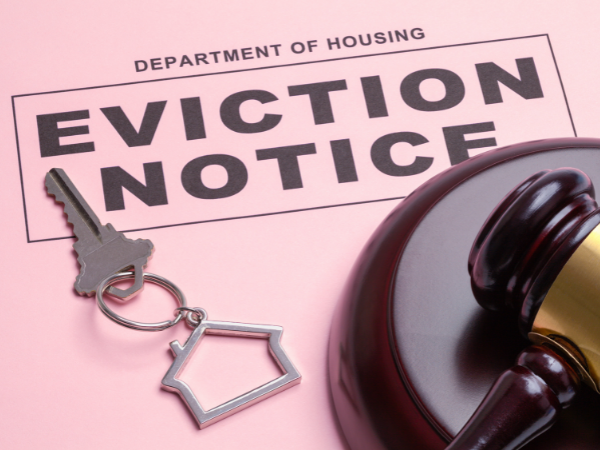WARNING: Ellis Act Under Attack Once More!

Two Times in One Year, Same Guy from State Assembly, Alex Lee
Assembly Member Lee Must Not Believe That Trying the Same Thing More Than Once and Expecting a Different Result is Definition of Insanity!
This week, Assembly Bill 854, an earlier attack on the state law known as the “Ellis Act” was reincarnated under Assembly Bill 2050, the new Ellis Act reform bill reintroduced by Assembly Member Alex Lee. Assembly Bill 2050 seeks to limit property speculators who allegedly “misuse” the Ellis Act who attempt to evict buildings full of rent-controlled residents, which in California would nearly constitute a miracle. The so-called “reform to the Ellis Act” proponents state would ensure that this type of eviction cannot be used until after five years of property ownership.
About the Ellis Act. The Ellis Act is a 1985 California state law that allows landlords to evict residential tenants to “go out of the rental business” despite any desires by local governments to compel them to continue providing rental housing. The Ellis Act was passed in response to the California Supreme Court’s decision in Nash vs. City of Santa Monica that held that municipalities could not prevent landlords from evicting their tenants to “go out of business” to withdraw their property from the rental market. Only in California does a law need to be created that allows a business owner to go out business that is facing a financial crisis!
The bill is jointly authored by Assembly Member Wendy Carrillo (D-Los Angeles), principally co-authored by Assembly Member Ash Kalra (D-San José), and co-authored by Assembly Members Richard Bloom (D-Santa Monica), Mia Bonta (D-Oakland), the “outgoing” Adrin Nazarian (D-Van Nuys), Phil Ting (D-San Francisco) as well as Senators Ben Allen (D-Santa Monica) and Henry Stern (D-Los Angeles). DON’T VOTE FOR ANY OF THESE POLITICIANS WHO SEEK TO STRIP YOU OF YOUR PROPERTY RIGHTS.
Ignoring the fact that homelessness is overwhelmingly due to mental health, addiction and physical and mental abuse issues, the clearly uninformed Assembly Member Lee once again places blame of those of us who sacrifice to invest in rental property and place roofs over people’s heads: “Protecting our affordable housing supply is one of the important keys in preventing homelessness. Our broad coalition supports our sensible reform to install guardrails to defend against displacement from corporate real estate speculators while continuing to respect the rights of small-scale landlords.”
The Ellis Act is a 1985 California state law that allows landlords to evict residential tenants when exiting the rental business. While the Act was originally intended to protect small mom and pop landlords who could no longer maintain their rental properties, the Ellis Act’s loopholes have been used to acquire rent control housing, evict tenants, and sell the property for a higher profit.
Small business, “mom and pop” housing providers can; however, qualify for an exemption from the proposed Assembly Bill 2050 if they meet ALL of the following criteria:
- They operate the property under their name as a natural person OR manage the property with an LLC in which there is no more than four members, and all members are natural persons OR they hold the title to the property as a trustee in which all beneficiaries are natural persons.
- Natural person(s) are the sole beneficial owners of the property, with the exception of any person who holds title to the property as a trustee.
- Natural person(s) who own the property each directly or indirectly own four or fewer residential units in the aggregate, not including the owner’s principal place of residence including those who operate a Limited Liability Company (LLC) to conduct rental business.
By imposing a 5-year “hold” on real estate investors looking to upgrade much of California’s aging housing stock could only reduce the value of real estate values as returns are pushed farther out into the future and reduce property turnover, which adversely impacts assessment values and resulting property taxes. Moreover, California’s aging housing stock is in need of redevelopment or major upgrades, and Assembly Bill 2050 will only reduce or delay the state’s badly needed housing production.
